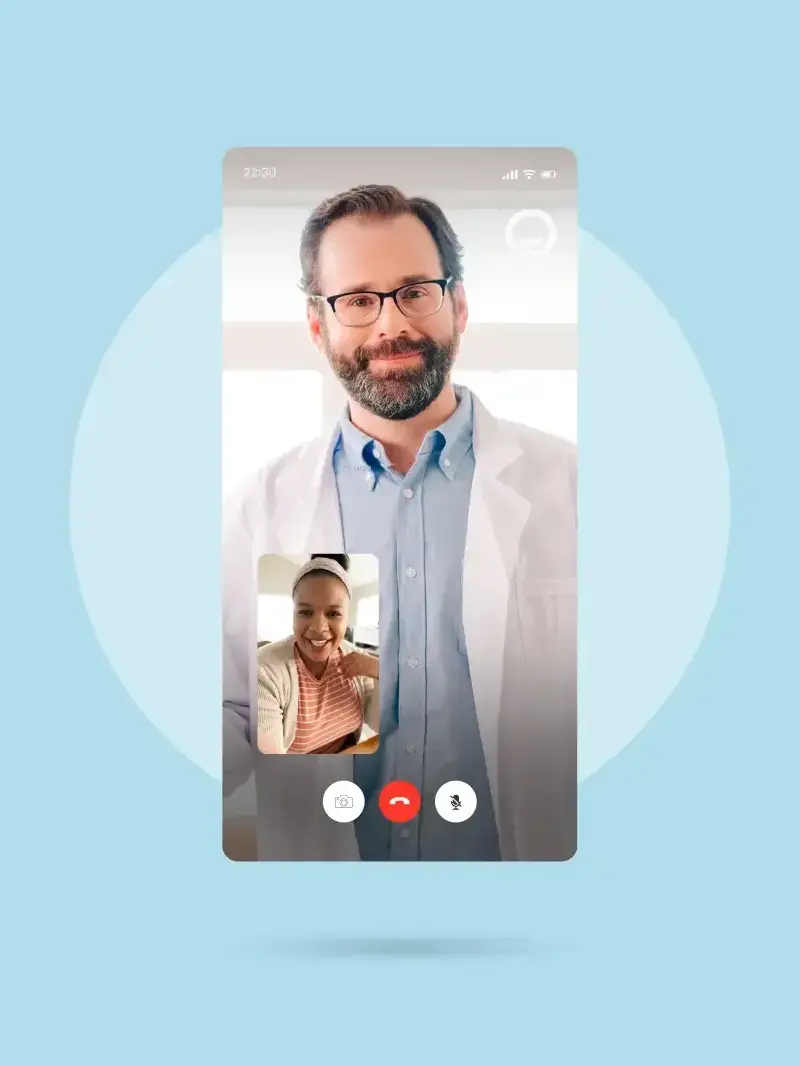Urinary tract infections typically begin when the bacteria enter through the urethra. Kidney infections are usually caused by bacteria traveling up your bladder or urethra into the kidney. This can happen when:
-
There's a blockage in your urinary tracts, such as a kidney stone or an enlarged prostate
-
There is backflow of urine from the bladder to the kidney
-
You have an infection in another part of your body, such as a respiratory or skin infection, though this is less common
Some risk factors for kidney infections include:
-
Autoimmune disorders / weakened immune systems
-
Urinary tract defects
-
Use of a catheter
-
Females tend to be at higher risk
Viruses can also cause kidney infections, but this is less common. (Viruses are more likely to cause a urinary tract infection, which can lead to a kidney infection.)






